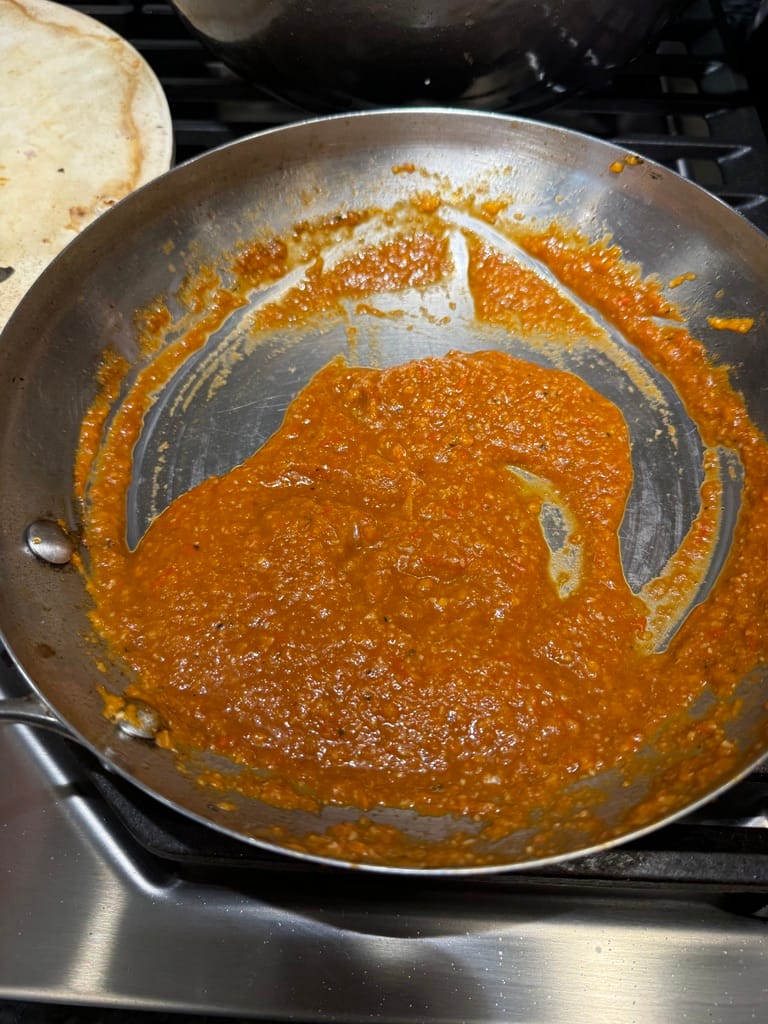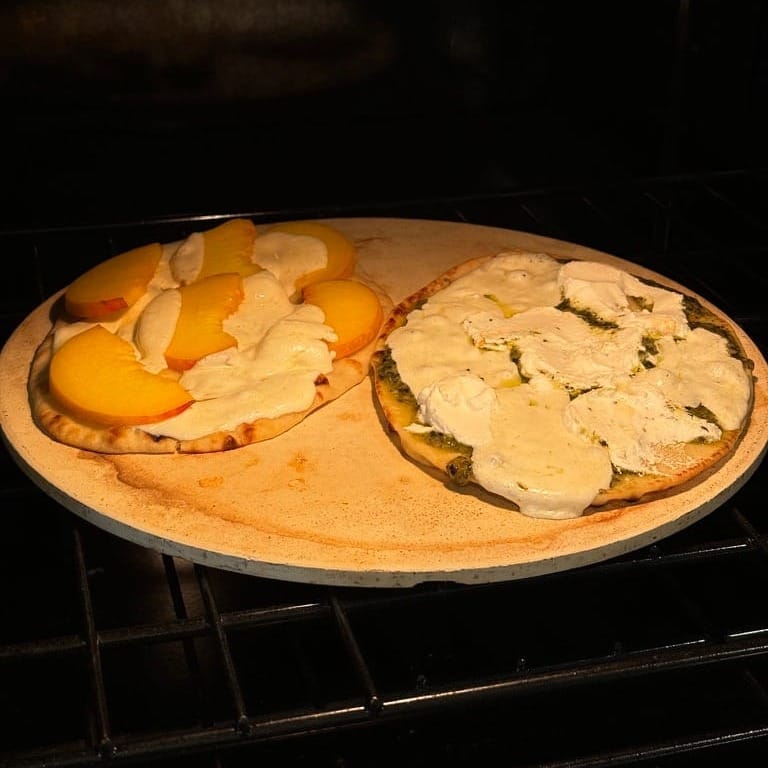Reader Q+A, August: The different types of social proof
Work-based, media-based, and owned social proof: how to get it, how to use it, and why it matters.

Welcome to another Reader Q+A issue! We’ve got a good one about attaining—and displaying—social proof this month. Please keep submitting your questions here, and I’ll answer them in a future issue!
Names have been anonymized, when requested.
Nadeem asks:
How can copywriters get social proof for the brand they're working for? - like pasting famous brand logos up on your site, getting mentioned by media journals.
Thanks Nadeem! Social proof is everything in this game, especially as a freelancer. It’s the main point I was trying to make in my last post: you need experience to get experience, and the barrier to entry at a full-time gig is a lot lower than the barrier to entry for freelancing.
The two ideas you’ve offered for getting social proof are good. I’ll dive into both, and offer a third, below.
Work-based social proof
Regarding pasting brand logos on your site, you can just do that—assuming you’ve legitimately worked for them and there’s nothing in your contract explicitly preventing you from doing so. Most clients understand that being able to show your past work is how you get future work, and will assume you’re going to tell others you worked with them. If your contract doesn’t say anything about it, grab a transparent .png of the brand logo and pop it on your site. You’re fine.
However, there will be some gigs where you’re not allowed to say you worked on it. I have a ghostwriting page on my own website, sean-curry.com/ghostwriting, for specifically this purpose. All the work I’ve ever done as a ghostwriter is there, and, as the whole point of ghostwriting is to write it so someone else can say they wrote it, I’ve protected it all with a password.
These gigs exist, and they can be good gigs. But if you work them, make sure you get paid better for them than you do otherwise. As a freelancer, part of the compensation you get from working on projects is the opportunity they’ll open up for you in the future, and if you can’t use a project for that later, then that compensation needs to be made up for in cash.
Media-based social proof
Media journals are a whole other game—a productive one, to be sure, but it takes some work. Getting press is a big enough topic for an entire issue (hell, an entire newsletter, if I’m honest), but to give you a very high-level idea to get you started:
First, get your website public-ready. Once you’re featured somewhere, people will look you up, but before that, you need to convince the writer of the story that you’re a source worth citing. LinkedIn pages, Instagrams, Tiktoks, Linktrees, and other alternatives are all fine, but in my (admittedly elder millennial) opinion, a good, polished website is the best way to do that.
Next, sign up with Qwoted or any number of media sourcing networks out there (I really like Source of Sources) as an expert and start scanning requests for ones that’ll match you.
I run a sandwich blog on the side, thesandwichenthusiast.com. While I still post to it occasionally these days, years ago (2014-2016ish), I was very active with it. (Even wrote a cookbook!) At its peak, my wife (a true PR dynamo when unleashed) was scanning SOS emails for food-related requests and offering me as a “sandwich expert” for them. Check out my clips from back then here.
It’s a numbers game. You should not ever pitch your story if it isn’t relevant (it’s a waste of time and will sour your reputation), but with that said, you’ll hear way more nos than yesses. Just keep pitching.
Sandwiches were my subject matter, but I often had to zoom out a bit to stay relevant enough to have enough pitches to play the numbers game. Could I, as a sandwich guy, pitch a story about pasta? Probably not, but I could talk about pesto, or meatballs, or other aspects of the request and relate them back to sandwiches.
Once you find a good request to pitch for, craft your story specifically for that request. The writers behind them can smell copy/pasted stuff a mile away—I say that as one of those writers myself. Give them succinct quotes they can easily paste into their article, and be sure to have a tight credit for yourself. For The Sandwich Enthusiast, I’d credit myself as “Sean Curry, food writer and blogger at TheSandwichEnthusiast.com.”
Do it over and over, and eventually you’ll have a tidy list of clips to promote on your own site.
Side note: This is an added benefit to the “start a blog” strategy I’ve offered in other forums (article on this definitely coming soon). If you’re just starting out and need something, anything to show to prospective clients, a well-run blog is a good stand-in until you have a proper portfolio. But once your ball has already started rolling, that blog can transition into a source of media-based social proof.
It’s a strategy that stays relevant no matter how deep into your career you are. I’m over 16 years into this (20 if you count managing my band’s MySpace, Purevolume, and Geocities site in college), and I’m still coming up with new blogs to promote—you’re reading one! Keep reading for more on that:
Owned social proof
Before I wrap up, I want to offer a third idea: creating your own social proof. Social proof is great for clout and brand building, sure, but at its core, its purpose is to show that someone else thinks you’re good enough at what you do to spend time, money, and/or attention on you. Previous gigs offer that by way of former employers and/or clients having been willing to pay you for your work. Press offers that by way of media outlets devoting column space to sharing your opinion with their readers.
And building up your own following is a third way to attain it, by way of having thousands of strangers volunteering to be notified every time you put a new idea, photo, or video out into the world.
The Sandwich Enthusiast started out that way for me. Sure, I love sandwiches and love talking about them on the internet even more, but the following I grew there (25,000 across all my platforms, at its height) was much more valuable to me in the long run than any money I ever made off of affiliate marketing, merch sales, or even my cookbook. It’s earned me follow-up emails where I otherwise wouldn’t have gotten them, been an easy icebreaker at new jobs, and been a better portfolio item than most of the paid work I’ve ever done.
“Here’s what I can do when I don’t have a budget. Give me one and I’ll do it even better for you.”
Create a blog about something—literally anything—and just start writing. If you’re not a writer, then create content for it in your own way, but I’m a writer who’s writing a newsletter about writing, so I assume most of my readership are writers themselves. The topic doesn’t matter, so long as it’s something you can write about a lot for free for a sustained period of time (I was consistently active with The Sandwich Enthusiast for over three years), and treat it the same way you’d expect the teams behind your favorite website would treat theirs. Just don’t worry too much if it’s making you any money. That’s not why you’re doing it.
Do it because you love it, do it because your friends will love it, do it because it’s fun. You may not directly make any money off of it, but it will have a TON of indirect benefits that you’ll be grateful for later.
Hope this helps, Nadeem! What topic or subject matter would you make a blog about? Drop a comment below and let me know. And as always, please drop another Q for me to A if you want a follow up to this.
Blots and Drops
- Some recent work! I've got two new articles up at The Food Institute:
- Refugees, by Brian Bilston. Read it twice.
Thanks for reading. If you were forwarded this, I’m glad you’re here! Hit the subscribe button below to jump in on the Summer Spiller sale: Three free months of full access. Sale ends Labor Day.
Got something to say? Subscribe to sound off in the comments. Free tier gets comment access. I’ll reply! Seriously, I’ll reply!
Head on over to the Q+A submission form to drop off a Q for me to A next month!
Finally, feel encouraged to forward and share this. And if you want to sound off, I’m on Bluesky, LinkedIn, and Discord as @seancurry1. You can usually find me in the Garbage Day and Copywriting Collective servers.
No special drinks this week, but I did make a tomato sauce from scratch and served up some tasty flatbreads with it!
I know I'm like, 25 years late this party, but all the produce here (tomatoes, garlic, red basil, onions, and bell peppers) were from the farmers market or my dad's garden, and the cheeses (mozz and ricotta) were from the farmers market.
And like... my god. The difference. I know, this isn't news. But wow.



